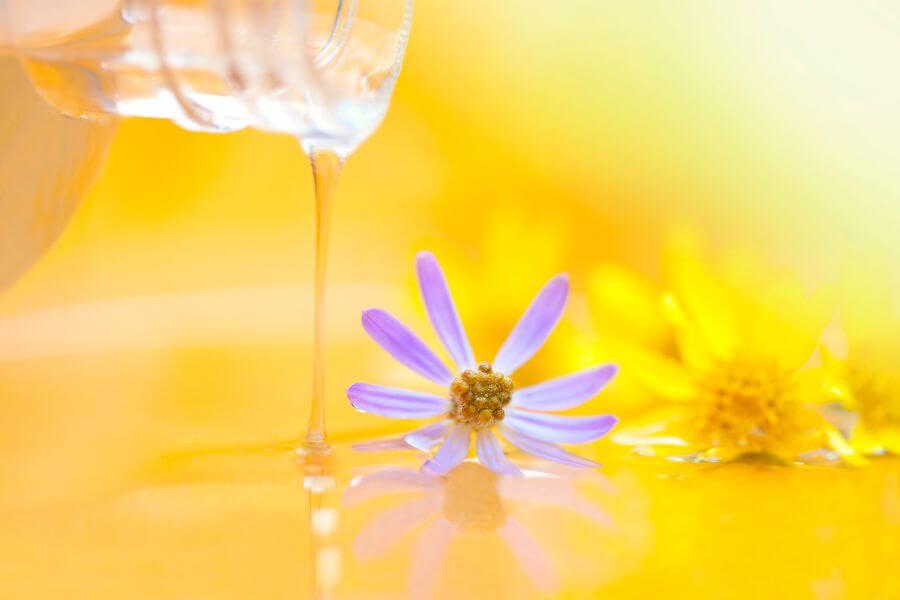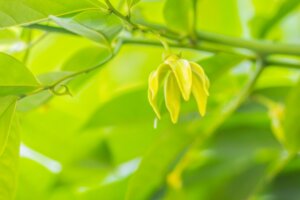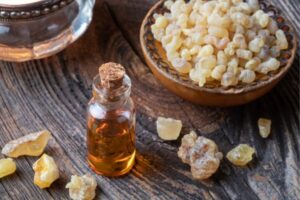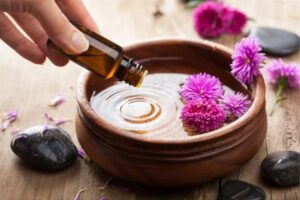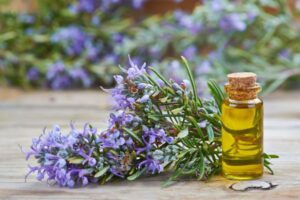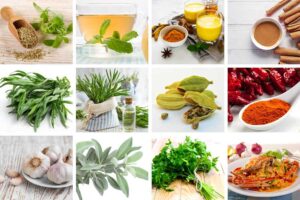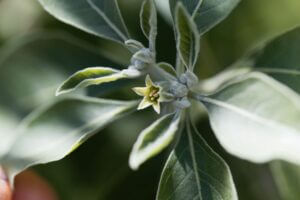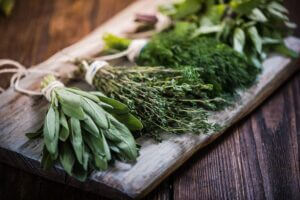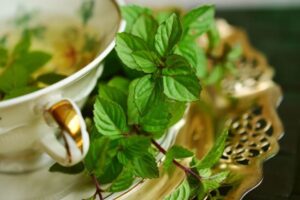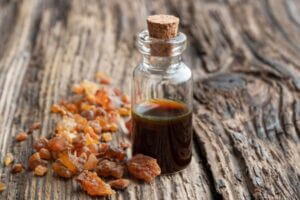I am working on every essential oil post in this blog to update them to only include only links to organic essential oils that are USDA certified, with the botanical names on the label, and preferably non-GMO. You will note that different brands are included because interestingly, not every brand has every type. I’m a one-person shop so this might take a few weeks. Thank you for your patience! ❤️
In the world of aromatherapy, the quality and authenticity of essential oils are important. In fact, as discerning consumers, it’s essential to understand the significance of choosing organic essential oils. This easy guide is for navigating the complex landscape of essential oil selection while shedding light on the importance of organic certification. We’ll explore the benefits of organic essential oils, how to identify authentic products, and the impact of organic farming practices on both our health and the environment.
Understanding Organic Essential Oils
What are Organic Essential Oils?
Organic essential oils are derived from plants grown without the use of synthetic pesticides, herbicides, or fertilizers. These oils are cultivated using organic farming practices that prioritize soil health, biodiversity, and sustainability. By opting for organic essential oils, you’re not only safeguarding your well-being but also supporting environmentally conscious practices.
The Benefits of Organic Essential Oils
- Purity and Authenticity: Organic essential oils are free from harmful chemicals and additives, ensuring that you’re receiving a product in its purest form. The absence of synthetic substances guarantees an unadulterated aromatic experience.
- Potency and Therapeutic Value: Organic farming methods promote the optimal growth of plants, resulting in essential oils that are rich in active constituents. These potent compounds contribute to the therapeutic value of organic essential oils, enhancing their efficacy in promoting physical and emotional well-being.
- Environmental Stewardship: Organic farming practices prioritize sustainability and biodiversity. By choosing organic essential oils, you’re supporting a system that protects ecosystems, conserves water, and promotes a healthier planet for future generations.
- Ethical and Fair Trade: Many organic essential oil producers adhere to fair trade practices, ensuring that farmers and workers receive fair compensation for their labor. By purchasing organic, you’re contributing to a more equitable global economy.
The Importance of Organic Certification
Obtaining organic certification is a rigorous process that involves adhering to strict standards and regulations set by reputable certifying bodies. These certifications validate that the the selection you’re purchasing have been produced in accordance with organic farming practices. Look for labels such as USDA Organic, Ecocert, or other recognized certifications to ensure the authenticity of the oils you choose.
Identifying Authentic Organic Essential Oils
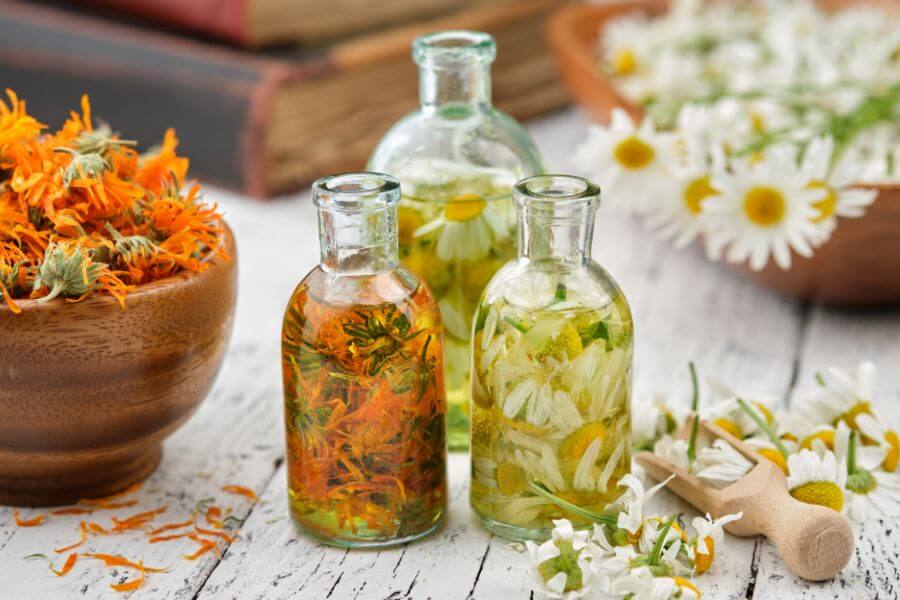
The first thing to know that it’s crucial to distinguish genuine products from those that may be misleading or falsely labeled. Here are some key factors to consider:
1. Common and Botanical Names
Authentic oils should clearly display both the common name and botanical name on the label or packaging. The common name refers to how we identify the oil in everyday language, while the botanical name specifies the exact genus and species of the plant. This information ensures transparency and allows you to verify the authenticity of the oil.
2. Plant Part and Extraction Method
The label or packaging of organic essential oils should indicate the specific plant part used for extraction, such as seeds, leaves, flowers, or peels. Additionally, the extraction method should state that the oil has been obtained through steam distillation. This method is the only true way to extract essential oils while preserving their therapeutic properties.
3. Growing Status and Geographical Location
These oils must also provide information about their growing status, such as USDA Organic certification or other third-party certifications. This guarantees that the plants were grown without the use of synthetic pesticides or harmful chemicals. Furthermore, the geographical location of the plants can significantly impact the aromatic profile of the oil, providing unique characteristics and scents.
4. Chemical Composition
Reputable oil sellers provide information about the chemical composition of their oils. While this information may not always be printed on the label, look on their website or other product descriptions. Understanding the chemical constituents of the oil helps assess its therapeutic properties and potential skin sensitivities.
5. Packaging and Usage Information
Authentic organic essential oils are packaged in dark glass bottles to protect the oil from light and heat, ensuring its stability and longevity. The packaging should also include orifice reducers to control the flow of oil and prevent unnecessary exposure to oxygen. Additionally, trusted brands should provide detailed information on how to safely and effectively use their essential oils.
The Impact of Organic Farming Practices
Choosing organic products not only benefits our personal well-being but also has a positive impact on the environment. Here’s why organic farming practices matter:
1. Soil Health and Biodiversity
Organic farming methods prioritize the health of the soil, using natural fertilizers and compost to nourish the plants. This approach enhances soil fertility and promotes the growth of beneficial microorganisms. By avoiding synthetic chemicals, organic farming also preserves biodiversity by creating a balanced ecosystem where plants, animals, and insects can thrive.
2. Water Conservation
Organic farming techniques minimize water pollution and conserve water resources. By avoiding the use of chemical pesticides and herbicides, organic farmers prevent harmful runoff into rivers, lakes, and groundwater sources. Additionally, organic practices often incorporate water-saving strategies such as drip irrigation and mulching, further reducing water consumption.
3. Climate Change Mitigation
Organic farming contributes to climate change mitigation by reducing greenhouse gas emissions. Chemical fertilizers and pesticides used in conventional farming release significant amounts of carbon dioxide and other harmful gases into the atmosphere. Organic practices, on the other hand, promote carbon sequestration in the soil, helping to offset greenhouse gas emissions.
4. Protection of Wildlife and Ecosystems
Organic farming creates a safer environment for wildlife, as it avoids the use of toxic chemicals that can harm beneficial insects, birds, and other animals. By preserving natural habitats and promoting biodiversity, organic practices support the delicate balance of ecosystems and contribute to the conservation of endangered species.
Making Informed Choices
Now that you have a deeper understanding of the significance of organic essential oils, it’s time to make informed choices when purchasing these products. Here are some guidelines to help you along the way:
1. Research and Choose Reputable Brands
Take the time to research and choose reputable brands that prioritize transparency, sustainability, and ethical practices. Look for certifications, such as USDA Organic, to ensure the authenticity of the oils you purchase.
2. Read Labels and Packaging Carefully
Thoroughly read the labels and packaging of the essential oils you’re considering. Look for clear indications of the common and botanical names, plant parts used, extraction methods, and growing status. Packaging should be dark glass, and usage information should be readily available.
3. Seek Feedback and Recommendations
Reach out to aromatherapy practitioners, herbalists, or trusted individuals in the field for recommendations on reputable brands and specific organic essential oils. Their expertise and firsthand experiences can guide you in making well-informed choices.
4. Support Local and Sustainable Farming
Whenever possible, support local farmers and sustainable farming practices. This not only ensures the freshness and quality of the essential oils but also contributes to the growth of local economies and the preservation of traditional farming methods.
5. Educate Yourself
Continuously educate yourself about different essential oils, their properties, and the benefits of organic farming. Stay informed about current research, certifications, and industry standards to make empowered choices that align with your values.
Choosing organic essential oils is an investment in your well-being and the health of the planet. By opting for organic certification, you’re prioritizing purity, authenticity, and sustainability. Remember to read labels carefully, seek reputable brands, and support ethical and transparent practices. Embrace the power of organic essential oils and experience the transformative benefits they offer. Let nature’s purest scents nurture your mind, body, and soul.
Conclusion
It is our wish that you find this post enlightening and helpful. If you have any questions or suggestions, we love to hear from you in the comments below. Also, kindly accept our invitation to join our group on Facebook to surround yourself with kindred spirits and post your encouraging messages.

